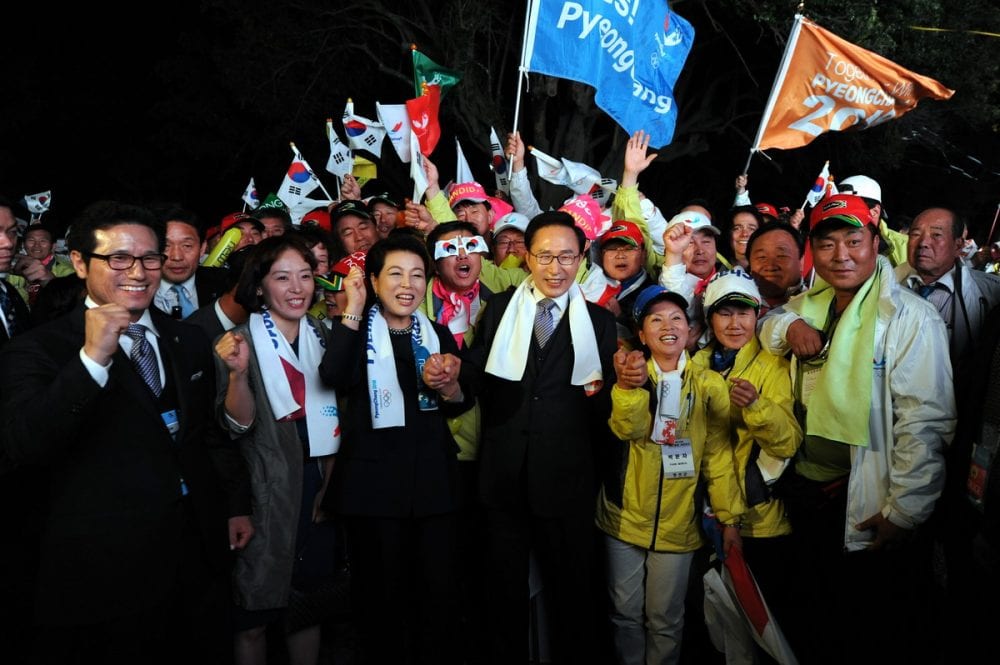Call it lack of tourism attraction or fear of political tensions, but no matter the cause, poor ticket sales to the 2018 Winter Olympics and Paralympics in PyeongChang, South Korea have been a concern for months. Already, the Korean Federation of Banks have purchased tickets to subsidize slow sales and rumors have flown of a possible historic low.
Now, a ticket sales update from PyeongChang 2018 reports that just 52 percent of Olympics tickets and 5 percent of Paralympics tickets have been sold with 72 days to go until the Games begin.
A total of 1.07 million tickets are available for purchase to the Olympics, with seventy percent allocated to the local market, and around 550,000 have been sold thus far.
Numbers from the report say that 52 percent of opening ceremony tickets, 54 percent of snow sports tickets, 54 percent of ice sports tickets, and 37 percent of sliding sports tickets have been sold. Tickets are still widely available for purchase to traditionally high demand events like the men’s and women’s gold medal ice hockey games, figure skating medal events, and both the Opening and Closing ceremonies.
The Paralympic Games reported that 457, or 0.2 percent, of available tickets had been sold as of October 20. As of Sunday, that number has risen to 11,274 – but that is still only 5 percent of the total sales target.
It should also be noted that these numbers include both international and domestic sales, and that international sales include distribution to authorized resellers, meaning they may not have been purchased by actual attendees as of yet.
PyeongChang 2018 organizers have repeatedly insisted that they’re not worried about the slow ticket sales. International spokesperson Nancy Park told the New York Times that “Koreans are known to be last-minute buyers”.
The same was said of Brazilians before the 2016 Olympics in Rio de Janeiro, but two-thirds of all tickets and sell-outs of many popular finals had been achieved at that time.
If sales don’t pick up quickly, PyeongChang may need to begin to work out giveaways to local schools or deals with large corporations to avoid largely empty stadiums come February.




